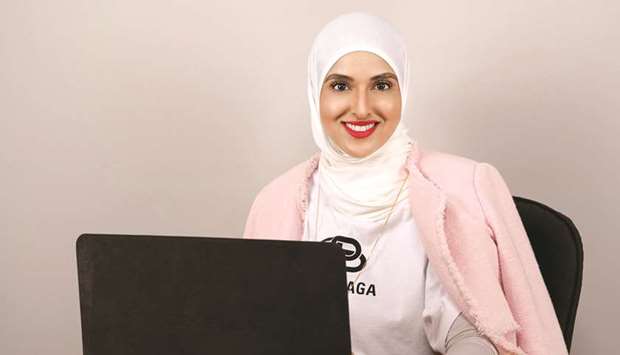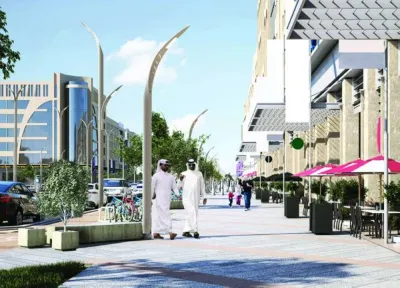In the last few decades, the region has seen a discrete change in the status and role of Arab women in the progress and development of this region. Economic, political and social forums of GCC have welcomed women participation with open arms. This progress can be seen in the education and business sectors as well as in law firms, healthcare sectors, state politics and international press.
Education played the key role in promoting women empowerment. The 1920’s witnessed the first girls’ schools of the Arabian Peninsula and now women are overtaking academic institutions in numbers. They have the right to have higher education and to study abroad, minimising gender discrimination and empowering women status.
Economic organisations have also went through great changes. Women are not only enjoying labour participation but have also increased their personal wealth. In 2018, Saudi women, Lubna Olayan and Rania Nashar were ranked as the most powerful women by Forbes.
Women’s impressive contribution in education and labour gave a helping hand to serve in the political field as well. Early 2000’s showed a massive change where women not only participated in politics but also occupied several posts.
1. 2002- Bahrain gave women the right to vote and to stand for election.
2. 2003- Women in Oman, Sheikha Aisha bint Khalfan, was appointed as the head of National Authority for Industrial Craftsmanship.
3. 2003- Sheikha Ahmed al-Mahmoud took charge of Qatar’s education ministry.
4. 2005- Kuwait also gave the right to vote and to stand for election.
5. 2006- First Bahraini woman, Lateefa al-Gaood, was elected in the parliament.
6. 2009- Kuwaiti women, Massouma al-Mubarak, Salwa al-Jasar, Aseel al-Awadhi and Rola Dashti were elected in the parliament.
7. 2013- 30 Saudi women were elected in Shura Council by late King Abdullah
8. 2018- Tamader bint Yousif al-Rammah was entrusted the position of deputy minister of labour and social development by King Salman.
Every department of every Gulf state is showing positive attitude towards women. To empower women mentally and socially, Saudi Arabia showed leniency in visa and passport policies for women allowing them to travel without their male guardian. Britain inspired and supported women to start business and gave them access to micro-financing loans. Kuwait has established economic and political incubators to strengthen the role of women.
According to Princess Ameerah al-Taweel, social media helped women a lot to achieve their maximum potential. She said, “I believe that access to information and social media is what helped women overcome barriers and break the shackles of society.”
In a Plenary session which was titled ‘From Vision to Leadership’, Chairperson of Sharjah Investment and development Authority (Shurooq) Shaikha Budour bin Sultan al-Qasimi stated that, “A successful leadership is one that achieves success and expected results regardless of the gender.” She has the opinion to inspire our girls by talking to them in terms to make them future female leaders.
Gulf and Arab states are now adapting the change and empowering women. They are making more policies to increase women participation in region. Now it’s time to change the world’s opinion towards them.
And as K.M. Golland said:
“At many points in your life, you’ll be taught by those who are afraid of women that women are much less than they really are. Don’t believe them. Being a woman is powerful. Use that power; don’t waste it”.
The author is a consultant in Public Relations and Personality Types. Instagram: @Tipsbyhalahill



